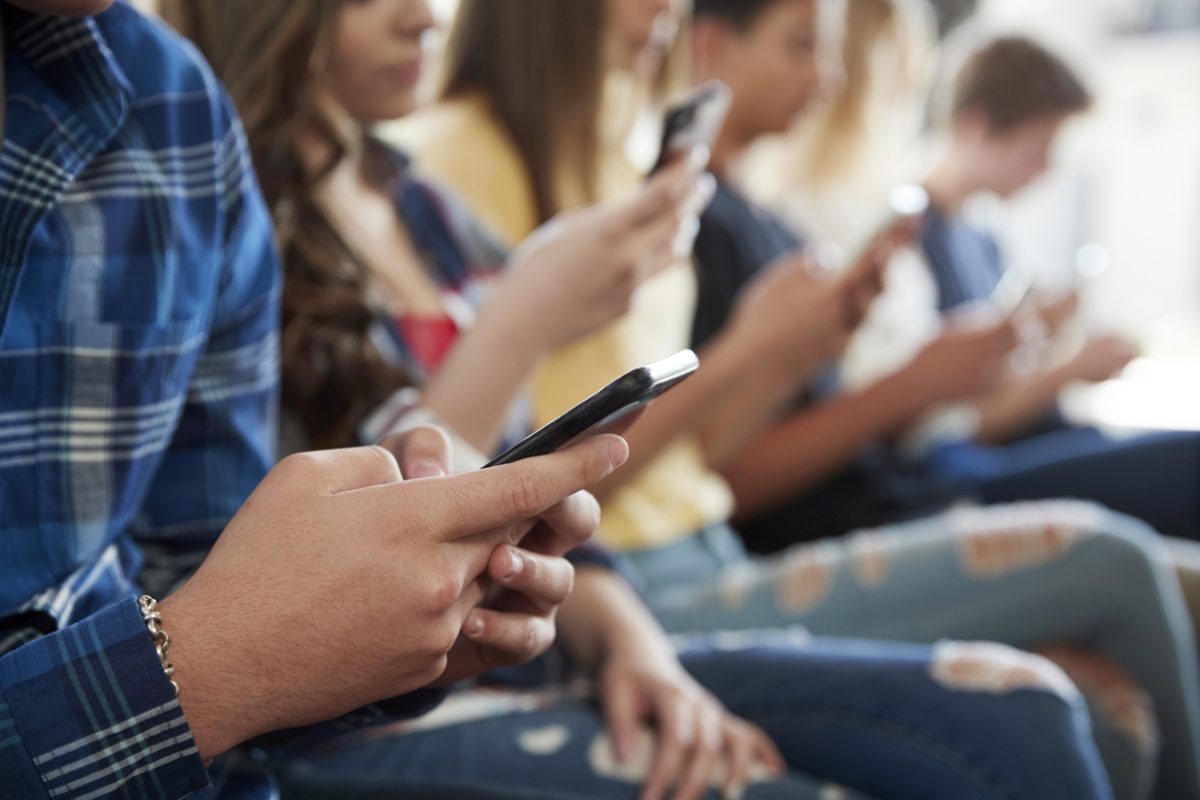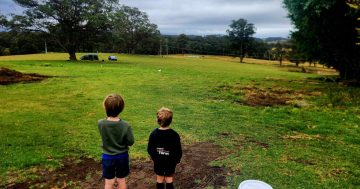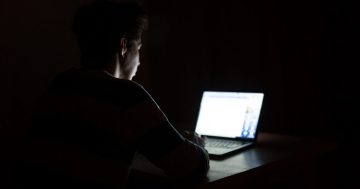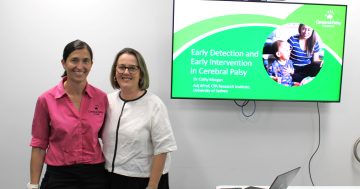
A growing movement is seeing parents in Kiama vowing not to give their children smartphones when they start high school. Photo: monkeybusinessimages.
Kiama parents are publicly pledging to delay giving their children smartphones in hope that strength in numbers will make the decision easier for kids and break the expectation about introducing the technology.
Getting a smartphone when starting high school has become a rite of passage for many young people, with parents guided by the presumption that it is the most appropriate time for the milestone.
“Obviously once something becomes a norm you almost stop thinking about it,” Kiama Unplugged founder Jane Bourne said. “So if everyone was getting phones at 12, then of course you go, ‘Oh, that’s fine then.’
“Life’s busy and you look out to your peers, and you look out to what your friends have done with their children and so it’s very easy just to copy.”
The mum-of-two is part of a growing group of parents within the Kiama community concerned about the impact this decision could have on their children’s mental health and wellbeing.
But bucking the trend is no easy feat.
“No one wants their child to be excluded, and if you are the only one whose child doesn’t have a smartphone, whilst it’s for good reasons, it makes it harder on your child and harder on you,” Jane said.
“We found that with a lot of the parents we speak to in Kiama, there seems to be quite a desire to get a good number of us together who aren’t going to give our children smartphones when they go to high school.
“Everyone knows that the more people we can get on board the easier it will be for all of us.”
Members of the growing collective are now putting pen to paper, pledging to stick by the decision.
By creating a record of families trying to make the change, parents can see what supports they have in the community and how many other of their child’s classmates will also have delayed access to a smart device.
“Obviously it’s not a legally binding document or anything, but I just think if you outwardly and publicly pledge to do something, you are much more likely to do it,” Jane said.
“I also think you can also gather the numbers which shows a growing movement and helps people get on board.”
The move is also underpinned by the change in legislation for social media coming into effect in December which will restrict children under 16 from creating accounts and having access to the platforms.
“Now because there is government intervention it puts more weight behind it, it makes people think maybe this wasn’t the right thing by our children and young people,” Jane said.
It can also help parents better explain and justify to their children the decision to limit devices.
“They know they can’t go get an alcoholic drink until they’re 18, they can’t get their Ls until their 16, they know all these things, and now they will know this,” Jane said.
“Before it was like having pokies open to children of any age but telling your children, ‘No, you can’t go in to those pretty flashing lights.’
While the group is encouraging more parents to make the pledge, it’s not asking people to follow blindly.
“I think if you’re asking people to do something, whether it’s legally binding or not, I think you owe them the information,” Jane said.
“Not everyone is going to be on top of this because life is busy.”
Kiama Unplugged is holding an information session on Sunday 9 November at Kiama Surf Life Saving Club from 3 to 4 pm, with families invited to learn more about the research behind the movement and take the leap.
“Everyone’s walking in their own shoes; we don’t know their background; we’re never judging,” Jane said.
“We’re just trying to help people see that there are other ways and explain when phones are good, when the internet is good, but also perhaps when it’s not the right time or our children just aren’t ready for it.”
The session will start at 3 pm and include a presentation, Q&A and opportunities for conversations around the movement.
For more information or to register visit the event website.


















